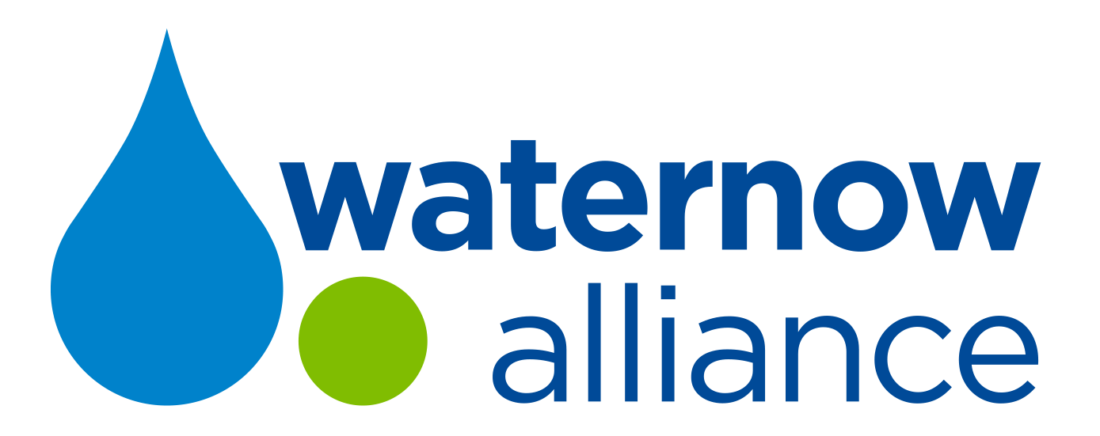As the third largest city in Colorado, Aurora is located just east of the state’s capital of Denver. The city reaches into three different counties and has a diverse population of 381,057 that is expected to double in 30-40 years. With a mild and dry climate, Aurora receives approximately 15 inches of rain annually, less than half of the U.S. average. Through a strong commitment to conservation, Aurora promotes the efficient use of water resources through several programs, projects and education.
As part of this effort, the Aurora Water Low-Income Water Efficiency Program (LIWEP) was created in 2011 to help low-income households become more water efficient by replacing old fixtures with new, high efficiency models. Instead of conducting this program entirely in-house, Aurora partnered with the non-profit, Mile High Youth Corps (MHYC). As an AmeriCorps grantee, MHYC was established in 1992 to give youth, ages 16 to 24, a chance to earn an income and learn hands-on job skills while serving in their communities. The partnership with MHYC was a win-win for both the city and the community. Resulting benefits included greater flexibility within the program regarding staffing needs and scheduling, providing on-the-job training and education for MHYC corpsmembers, and implementation of an essential program for low-income households.
Aurora piloted the LIWEP in 2011. During the pilot, program participants were eligible to receive a replacement of up to two 3.5 gallons per flush (gpf) for two 1.28 gpf toilets, as well as up to two water-efficient showerheads and three faucet aerators. In the first year, 142 customers applied and 36 were approved to participate.
The LIWEP then fully launched in 2012. At launch, Aurora revised the median income requirements at the request of Aurora’s Citizens’ Water Advisory Committee from 80% to 60% based on Housing and Urban Development Income Limits; for example, per 2019 standards, a household of 2 with an annual income of $43,200 or less would qualify. Aurora also increased marketing to reach low-income communities, utilizing direct mail and printed collaterals for its neighborhood liaisons, which help residents connect to valuable information, access services and programs discover community resources and develop self-reliance through capacity-building. And in 2013, Aurora and MHYC incorporated the use of Colorado’s Low-Income Energy Assistance Program (LEAP) database for income qualifications and outreach allowing Aurora customers who were LEAP recipients to automatically become income-qualified for the LIWEP. As a result, staff review and approval time dramatically decreased, and the outreach base for the program increased. Other program changes include newly installed toilets were changed to 0.8 gpf from 1.28 gpf in 2016 and eligible old toilets changed from 3.5 gpf to 1.6 gpf in 2020.
Since 2012, 339 residential and commercial customers have participated in the program, and over 500 toilets, 150 showerheads and 300 faucet aerators have been installed. The LIWEP not only provides highly efficient water fixtures to low-income households, but also education on how to use water more efficiently. Through this combination, the customers can effectively lower their water bills and conserve water for future use.
Since its inception, the LIWEP has saved over approximately 21.1 million gallons of water. The program has also saved customers and Aurora money in the long run. With LIWEP water savings, Aurora has been able to further defer the purchase of new water resources, which range from $16,000 to $24,000 per acre-ft. In addition to the monetary savings that uplift communities and conserve previous resources, the income earning and job training benefits have reached more than 200 corpsmembers every year.
From Aurora, Colorado, to Hoboken, New Jersey, as part of WaterNow’s Tap into Resilience initiative, WaterNow has interviewed over a dozen city and utility leaders already tapping into localized water strategies for fast, affordable, and impactful solutions to their water challenges. More details on Aurora’s Tap into Resilience case study are available on WaterNow’s campaign website here.


